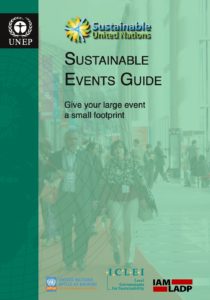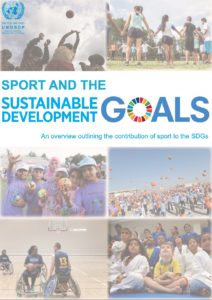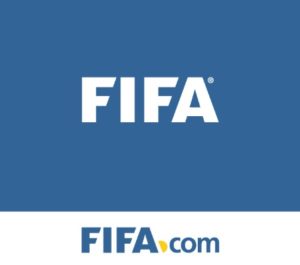
Rowing is a sport that requires clean water and clean air. Rowers are mindful of protecting the environment on which they must rely to carry on their sport. The intention of this document is to record World Rowing Federation's (FISA) commitment to rowing practices, which continue that association and encourage a culture of responsibility for protecting nature and therefore the sustainability of the sport. The document highlights important issues and appropriate ways of dealing with them in accordance with sustainable environmental practice.



Welcome to the Year in Review 2019, a comprehensive account of events on and off the field that have defined a truly special year for our sport



AISTS International Federations Sustainability Study 2017
International Federations Study (IF Study) conducted in 2017 by AISTS in collaboration with ARISF. The objective of this study is to understand the current situation, trends and needs amongst IOC recognised international sports federations with regards to sustainability. It assesses initiatives, trends and needs from its findings.


















UNEP – Sustainable Events Guide (2012)
This guide draws on long-standing practical experience and offers organisers a wealth of concrete, easily understandable and accessible advice including on management issues, sector-specific recommendations, and action-oriented checklists. It consists of six sections that can be used separately









Sustainable Development in Basketball Arenas
Prompted by Agenda 21, a world-wide programme directed by the United Nations, many countries have agreed to adopt policies aimed at sustainable development. In recent years, the International Olympic Committee (IOC) has also focused on environmental protection and sustainable development, leading to the adoption of the Olympic Movement’s Agenda 21. The section on “Sport and the Environment” states that energy saving in sports facilities is a priority issue.



The processes and milestones which led to the historic adoption of the 2030 Agenda for Sustainable Development and its 17 Sustainable Development Goals (SDGs) in 2015 were followed by the Sport for Development and Peace community with strong interest and a commitment to continue using sport as a unique tool to support this new global plan of action. As a result of joint efforts, particularly including UN Member States’ support to recognize the contribution of sport to the SDGs, Heads of State and Government and High Representatives declared in the Political Declaration for the new Agenda: "Sport is also an important enabler of sustainable development. We recognize the grow- ing contribution of sport to the realization of development and peace in its promotion of tolerance and respect and the contributions it makes to the empowerment of women and of young people, individuals and communities as well as to health, education and social inclusion objectives".


















Education Materials
CMAS presents the booklet „Coral Reef Knowledge“ within the International Year of the Reef 2018. The purpose of IYOR 2018 is to raise awareness of the devastating prognoses for coral reefs and their effects on nature and humans as well as possible options for action in society. Therfore you will find all important facts about coral reefs and their environment in this booklet. It is available in english and french and support the Education for Sustainable Development. If you are interested to use the booklet in your own CMAS federation in another language, please, feel free to contact the President of the Scientific Committee. Enjoy it in English and French online!


Borussia Dortmund Sustainability Report 2018/2019 (German)
"We are working hard to achieve this and see dynamic development in many areas. This report documents the status and progress in our sporting, economic, social and ecological fields. It opens up a holistic view of our work in these areas and shows many connections." (message from the BVB's directing team)




The FIA Environmental Accreditation Programme is aimed at helping motor sport stakeholders worldwide to measure and enhance their environmental performance. By introducing clear and consistent environmental management into motor sport, it provides stakeholders with a three-level framework against which to accredit their activities.




Racism and discrimination affect society at large, and football is no exception. Their impact on our sport is undeniable. FIFA recognises its responsibility to lead the way in abolishing all forms of discrimination in our game, but also to make the most of the influence football has beyond the pitch, thereby contributing to the fight against this scourge of society.
